Oak species susceptible to chlorosis??
ospreynn
10 years ago
Related Stories
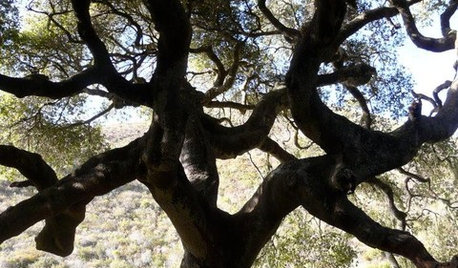
CALIFORNIA NATIVE PLANTSGreat Design Plant: Coast Live Oak
The stuff of legends and memories, this California tree is one to build a whole landscape around
Full Story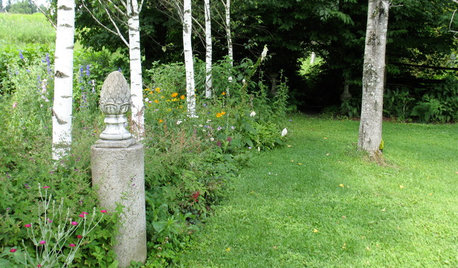
WINTER GARDENINGHow to Help Your Trees Weather a Storm
Seeing trees safely through winter storms means choosing the right species, siting them carefully and paying attention during the tempests
Full Story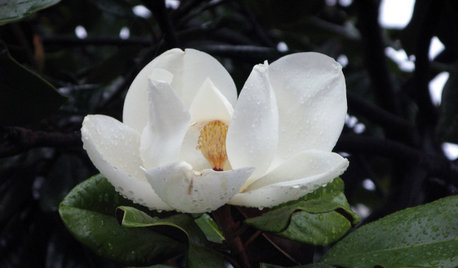
GARDENING GUIDES10 Top Native Plants for the U.S. Southeast
For a low-maintenance and wildlife-friendly landscape, use Southern natives that withstand heat and humidity
Full Story
KITCHEN CABINETS9 Ways to Get Low-Maintenance Kitchen Cabinets
Save valuable elbow grease and time with these ideas for easy-to-maintain cabinets
Full Story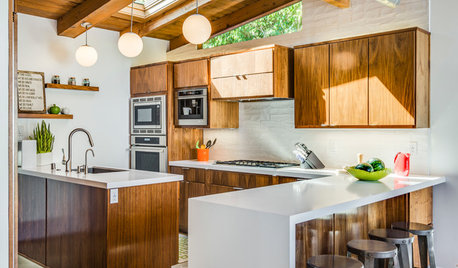
KITCHEN CABINETSNew This Week: 3 Modern Kitchens That Rock Warm Wood Cabinets
Looking for an alternative to bright white? Walnut cabinetry offers the perfect tone to warm things up
Full Story
REMODELING GUIDESWhen to Use Engineered Wood Floors
See why an engineered wood floor could be your best choice (and no one will know but you)
Full Story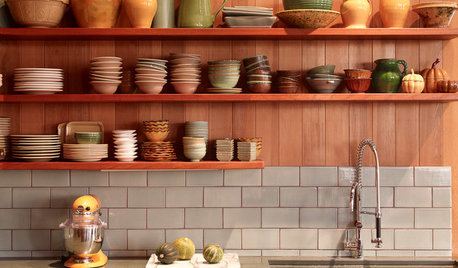
KITCHEN CABINETS9 Ways to Save Money on Kitchen Cabinets
Hold on to more dough without sacrificing style with these cost-saving tips
Full Story
MOST POPULARMeet a Lawn Alternative That Works Wonders
Carex can replace turfgrass in any spot, is low maintenance and adjusts easily. Add its good looks and you’ve got a ground cover winner
Full Story
TREESGreat Design Plant: Southern Magnolia, Iconic U.S. Native
Massive, fragrant blooms and deep green leaves set Magnolia grandiflora apart from other large shade trees
Full Story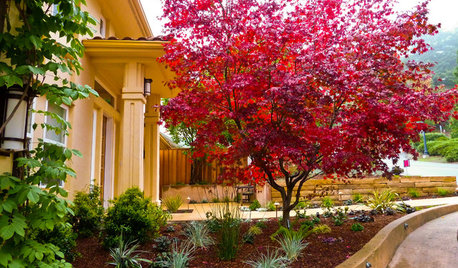
LANDSCAPE DESIGN7 Great Trees for Summer Shade and Fall Color
These landscape-pro faves straddle the seasons beautifully. Could one enhance your own yard?
Full Story





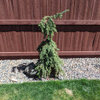
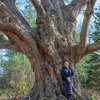
Embothrium
whaas_5a
Related Professionals
Harrison Landscape Architects & Landscape Designers · Kyle Landscape Architects & Landscape Designers · Allentown Landscape Contractors · Concord Landscape Contractors · Ellicott City Landscape Contractors · Fort Mill Landscape Contractors · Gaithersburg Landscape Contractors · Kettering Landscape Contractors · Oakland Landscape Contractors · San Bruno Landscape Contractors · Weslaco Landscape Contractors · Palos Hills Landscape Contractors · Antioch Landscape Contractors · Maplewood Landscape Contractors · Saint Charles Siding & Exteriorsdricha
ospreynnOriginal Author
hairmetal4ever
ospreynnOriginal Author
Embothrium
Smivies (Ontario - 5b)
ospreynnOriginal Author
mattm01
poaky1
ospreynnOriginal Author
Smivies (Ontario - 5b)
hairmetal4ever
ospreynnOriginal Author